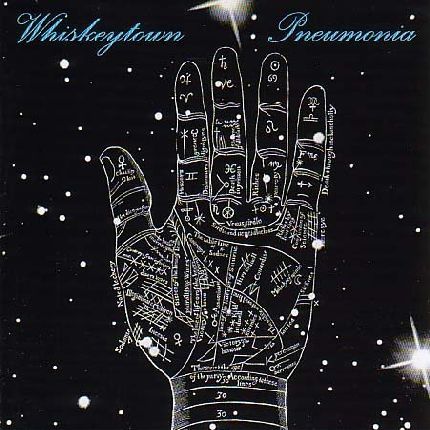Is a chronic disease that pneumonia due to viruses, germs, bacteria and chemical or physical stimuli. Even a small drop of pneumonia bacteria can enter the human body through the nose, mouth or lungs and cause pneumonia attack. Detailed knowledge of Pneumonia symptoms can help each patient to easily identify the disease and successfully intervene to get it treated promptly. Some of the common symptoms of pneumonia are: increased heart rate with shallow breathing. Cough accompanied by a greenish or yellowish mucus. Many times this is accompanied by mucus or pus blood
significant loss of appetite, low energy, sweating, fatigue >> << A person can also interfere with mild to severe headache with cough, chest pain,
Chestpain often sharp and worsens further with cough or deep breathing. It is also known as plevritnyy >> << pain in rare and exceptional cases, the patient can see in blue leather joint and muscle pain too
Children may experience loss of appetite, fever accompanied by discoloration or blue in their skin, lips or nails
pain may occur around the breast or chest bone. All these symptoms of pneumonia can cause fatal disease of light depending on the types of organisms, age and health. Diagnosis: pneumonia is easily strattera dosing diagnosed using the stethoscope, which the physician or hear unusual respiratory sounds. A few blood tests and sputum tests in the laboratory can also confirm lung infection. The doctor may also prescribe X-ray of the chest, a test that can detect the percentage of infected lungs to confirm this stage of pneumonia. Treatment of pneumonia can be easily treated in the comfort of your home. Actually pneumonia treatment includes syrup or mouth pill, anesthetic drugs and paracetamol to lower temperature. However, a severe attack of pneumonia may require immediate hospitalization and treatment in hospital. .






